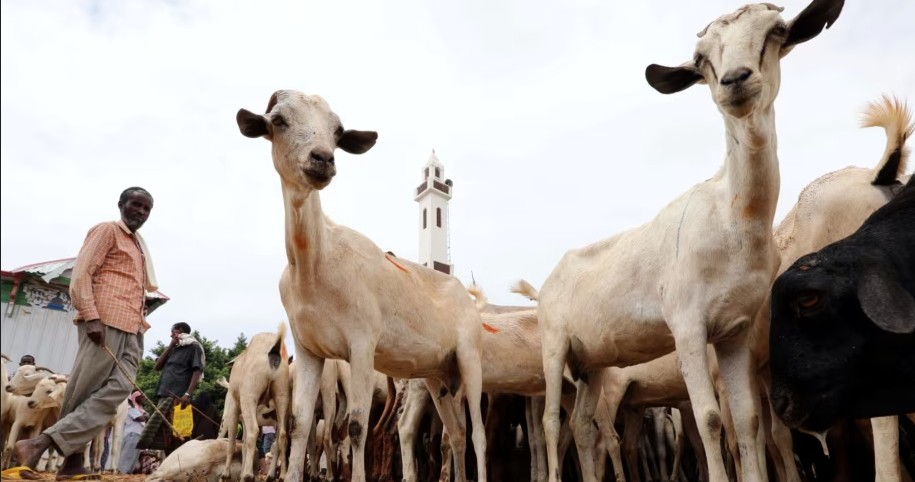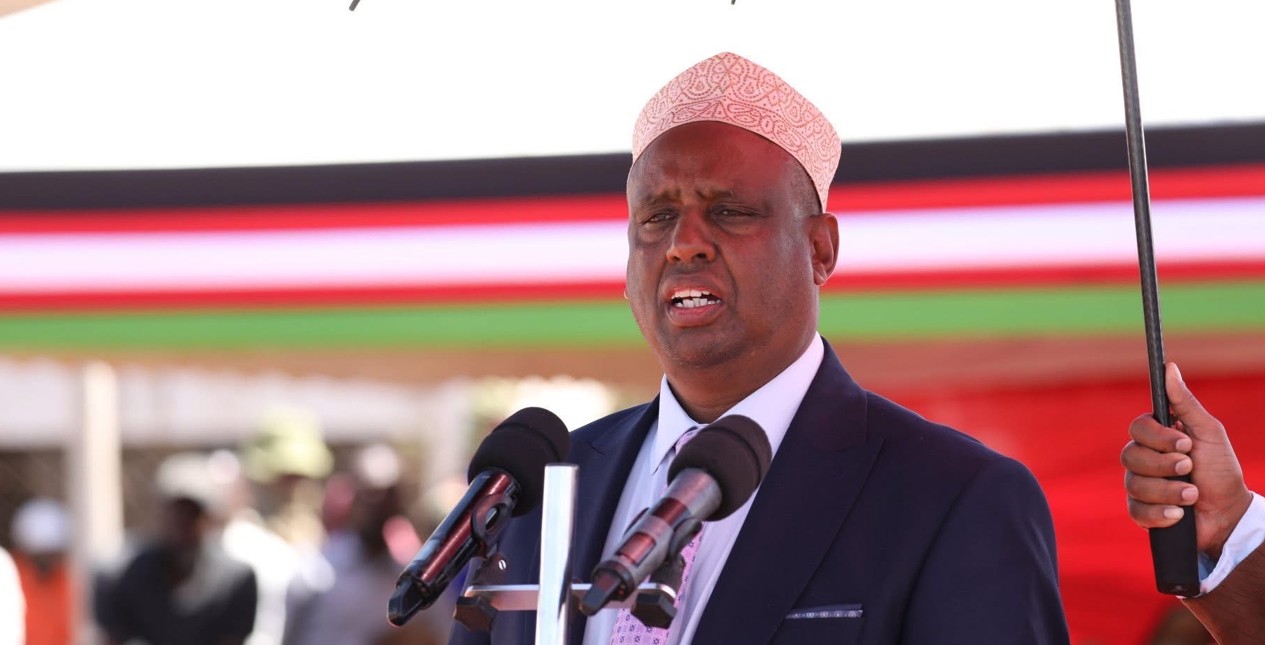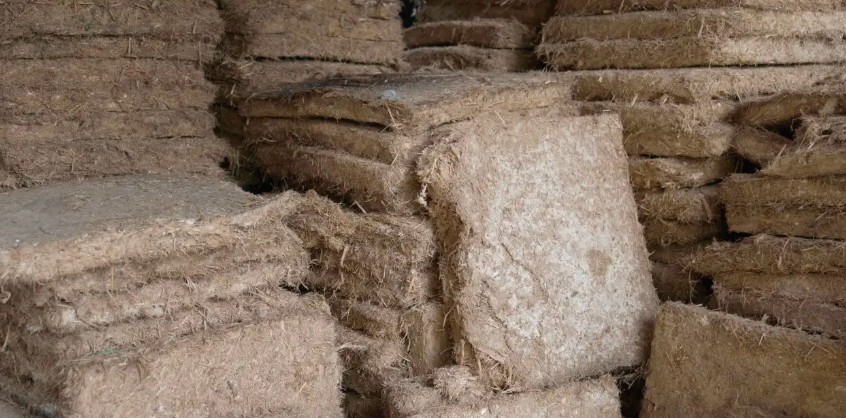Worry for herders as Lamu Port's livestock export venture loses steam
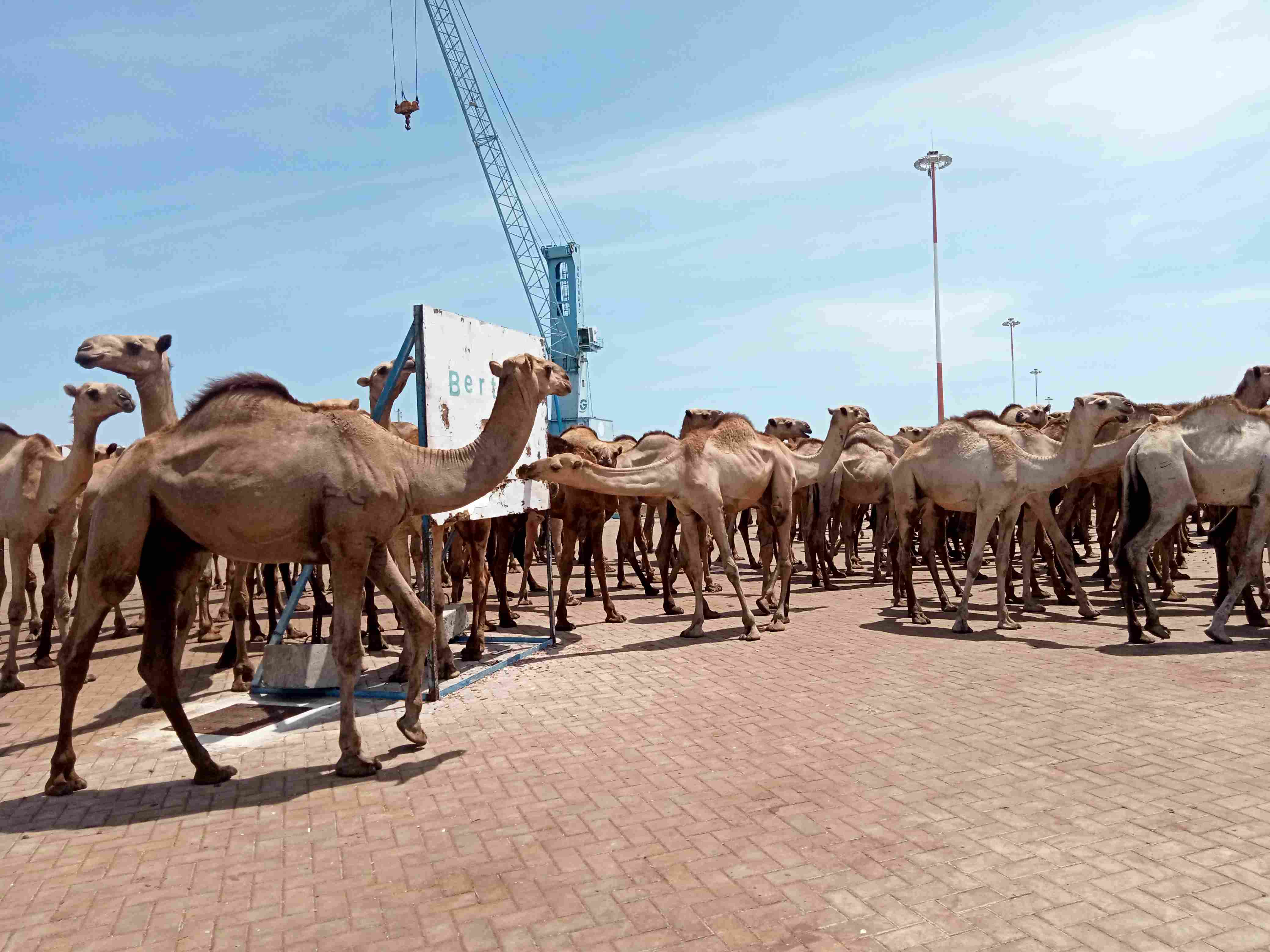
The Sh310 billion Lamu Port, which was operationalised on May 20, 2021, introduced livestock export trade for the first time in history from Lamu to Oman in October 2022.
The anticipated dream that the Lamu Port livestock export trade would revolutionise the economy and improve the general living standards among herders is yet to come true three years later.
The Sh310 billion Lamu Port, which was operationalised on May 20, 2021, introduced livestock export trade for the first time in history from Lamu to Oman in October 2022.
In the maiden livestock export to Oman via Lamu Port on October 16, 2022, Kenya made at least Sh84 million. The export consignment included 15,600 live goats, sheep and bulls.
Three years down the line, however, questions are arising over the viability of the then-hyped trade.
Ali Abdulrahman, a livestock keeper at Koreni, Lamu West, notes that despite the trade having started on a high note with ships such as the Togolese Livestock Carrier Vessel MV Banyas 1, making frequent trips to Lamu Port to ferry livestock, today, there has been witnessed a slow pace at which the trade is being undertaken.
The last livestock export trade trip from Lamu Port to Omani by MV Banyas 1 that the local herders in Lamu are aware of is that of December 12, 2022, where the vessel shipped 2,955 live animals. They included 663 camels, 375 bulls, 867 sheep and 1,050 goats.
MV Banyas 1 also ferried 2,491 bags of hay and silage to Oman in the second transhipment.
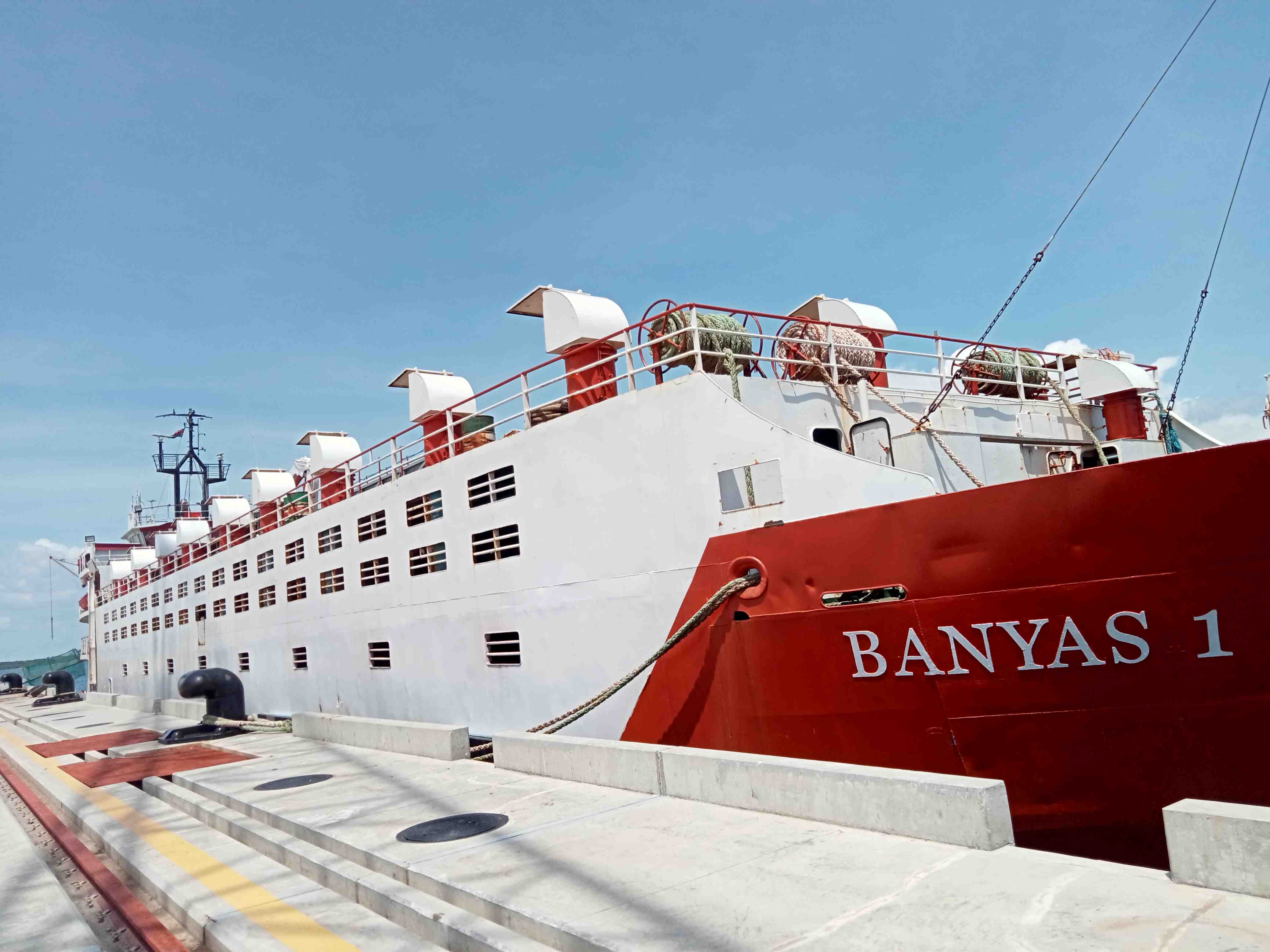 The trade had started on a high note with ships such as the Togolese Livestock Carrier Vessel MV Banyas 1, making frequent trips to Lamu Port to ferry livestock. (Photo: Farhiya Hussein)
The trade had started on a high note with ships such as the Togolese Livestock Carrier Vessel MV Banyas 1, making frequent trips to Lamu Port to ferry livestock. (Photo: Farhiya Hussein)
"I remember, I sold five bulls for between Sh40,000 and Sh50,000 by then through middlemen who were assigned to purchase livestock from us to be exported via Lamu Port to Oman. I made Sh221,000 from the sale of my bulls," said Abdulrahman.
High hopes
"I even assisted the middlemen to drive the bulls to Lamu Port and witnessed them getting ferried to the MV Banyas 1 that was docked at the port. After it left in December 2022, I had high hopes that it would return yet again. That was the last time I heard about the livestock export trade to Oman from Lamu Port. No one is updating us about anything."
The chairman of the Lamu County Pastoralist Community, Muhumed Kalmei expressed disappointment over the manner in which the livestock export trade at Lamu Port is being undertaken in recent times.
Kalmei complained that the trade is shrouded in secrecy with the local herders, who are supposed to benefit directly from the venture, being sidelined.
According to him, most of the livestock received at the port is from outside Lamu.
"We're unhappy. We expected the Lamu Port management to prioritise us by bringing us on board in every step they take concerning livestock export activities to Oman. As we speak, we've enough animals to sell but we don't know where to start since no one is updating us. We sometimes only see lorries from North Eastern, Garissa, Wajir and other faraway places fully loaded with bulls and headed to the port direction. I don't know what plans they have for us as the local livestock keepers," said Kalmei.
 Lamu County Pastoralists Chair Muhumed Kalmei. (Photo: Farhiya Hussein)
Lamu County Pastoralists Chair Muhumed Kalmei. (Photo: Farhiya Hussein)
Abdi Hassan, a herder at Pangani, said he had invested hugely in livestock keeping, particularly bulls and goats with the target being to sell at least 50 annually.
Hassan says he is now forced to sell his animals locally.
"With the livestock export trade to Omani via Lamu Port having been introduced in 2022, I had projected that every year I sell 10 bulls and 40 goats. I knew that would fetch me good money. Unfortunately, the dream hasn't come true as no one is updating us about the port live animal trade. I have been selling my bulls and goats locally here," said Hassan.
When the trade was introduced at Lamu Port, part of the reasons behind it was to offer an opportunity for Kenyan livestock owners to sell their animals to a promising market and, hence, avert them from losses accrued from the deaths of their animals owing to the ravaging drought.
The herders insist on the need for the Lamu Port officials to incorporate them and have prior plans on how they would help them avert the effects of any incoming drought in the region.
"We had been given high hopes that international sales would prevent the loss of thousands of animals to the drought as well as empower us as livestock farmers. We need to see this happen for us to be able to know whether the livestock export trade is viable at Lamu Port or not," said Mohamed Dulo, a herder at Lumshi.
When contacted, Kenya Ports Authority (KPA) Manager, Lamu Port, Vincent Sidai said the export trade on livestock at Lamu Port was still on and that they were expecting a vessel to call in at the facility to ferry live animals this month.
"We’re expecting a vessel this month," said Sidai in a text.
Top Stories Today

